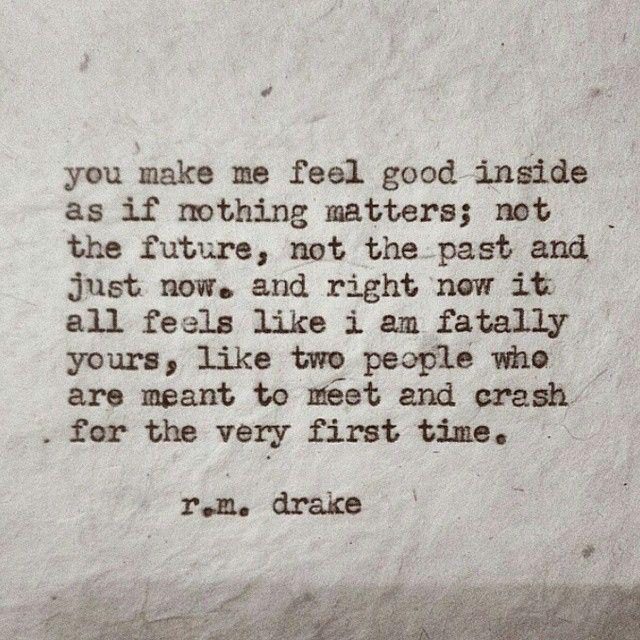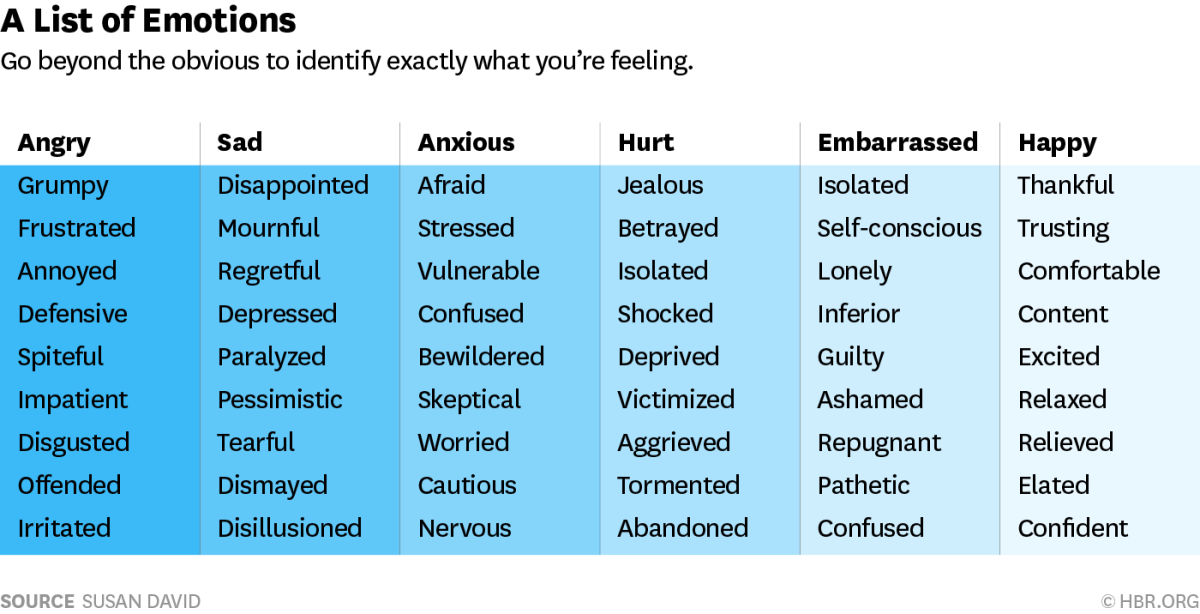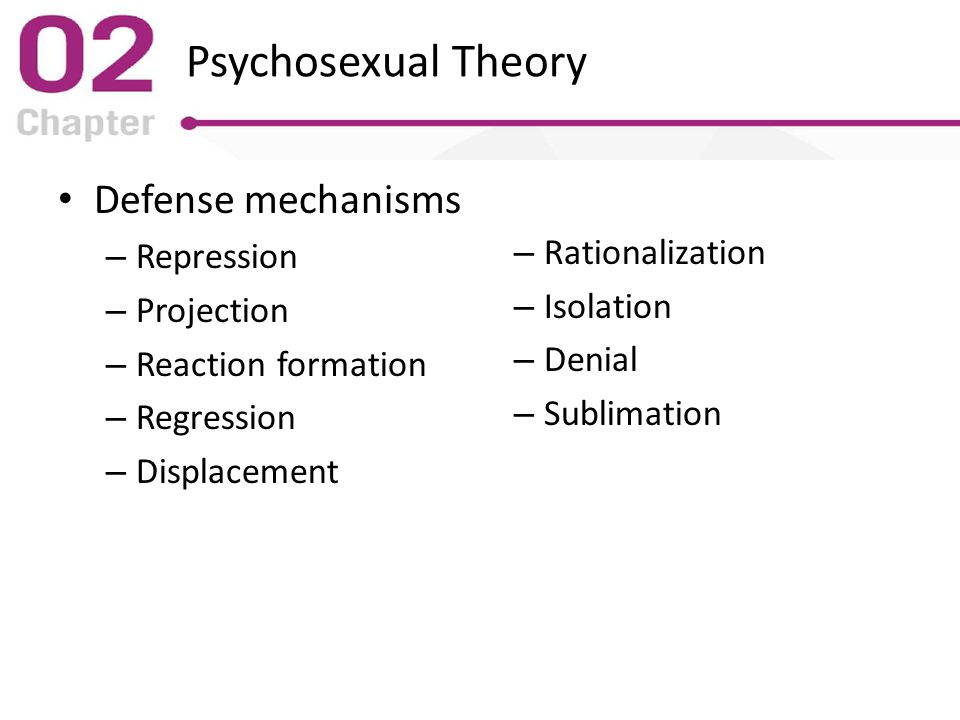How to heal a broken woman
Loving a Broken Woman
How to Love a Broken Woman; Dealing with the Monsters in the Closet
There are many do’s and don’ts for dating a woman who was in a dysfunctional relationship. With the divorce rate at 53% and 1 in 4 women having been abused by a lover or partner, chances are a man will date a woman who has been hurt by another man at least once in their lifetime. While understanding a woman who has been hurt and broken seems daunting, do not let her past scare you off. A woman who has the courage to drastically change her life is still able to be loved because she loved herself enough to realize she is worth more than being a physical or emotional punching bag. A woman who has been hurt, has monsters in her closet. She might not be able to make you understand what she has gone through, but know she is dealing with them and learning to fix the broken parts that someone has shattered.
Her pain could be physical, and/or emotional. Physical scars can be seen and heal, emotional scars are still just as real, but invisible to the naked eye, and often takes longer to heal. Loving her is so worth it, but it may take time to make her feel loveable again. Being patient, and kind and compassionate are the key to helping her love again. With this said here are 7 tips to better understand a hurt and broken woman, and how to learn to help her;
- If a woman has left a dysfunctional relationship, don’t ask her why it took her so long? Know that she was incredibly brave to have left. Leaving usually was at a great price. She probably had to sacrifice a great many things to be able to walk away. Many people will stay in abusive or dysfunctional relationships because it is incredibly difficult financially and emotionally to leave. If she has left a person who has hurt her, she is an amazingly strong person to do what she has done.
- There might be things she will not be able to talk about and you need to respect this.
 If she wants to share, she will. There might be things that she will never be able to share. Don’t push for details, it will only cause anxiety.
If she wants to share, she will. There might be things that she will never be able to share. Don’t push for details, it will only cause anxiety. - A woman who was in a dysfunctional relationship often has self esteem issues. She was probably disparaged and emotionally abused along with physical abuse. She might have body issues. She might not be comfortable in her own skin. If you think she is beautiful, make her feel beautiful! Let her know you think she is beautiful. She needs to hear this. If she is well educated, chances are her mind was often disparaged, and she was constantly criticized. Make an effort to get to know her mind and how she ticks. Chances are, her mind is just as beautiful as her outside.
- A woman who was abused has trust issues. She can’t help it, she will always think the worst. She will need time to build up trust with you. If you lie to her, you will lose her trust forever. She has probably been lied to, and let down so many times, she will always be in survival mode.
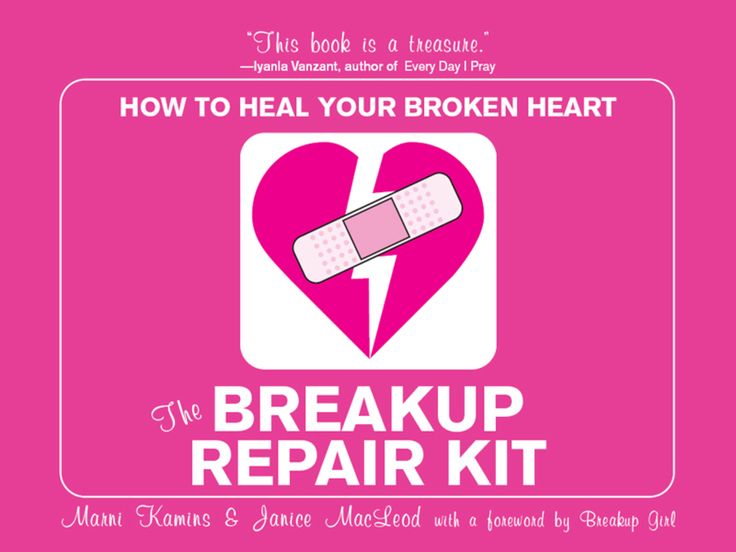 Expect the worst and never be disappointed is probably the motto she has lived by as a survival tool for way too long. Below are a few things that will help build her trust.
Expect the worst and never be disappointed is probably the motto she has lived by as a survival tool for way too long. Below are a few things that will help build her trust. - A woman who has been hurt needs consistency. If you make a date with her, unless it’s life threatening, please keep it. She needs to believe you are going to stick around. She no longer understands object permanence. The person she was with has made her unsure and she was always on the defensive, so understanding you are a person to be relied upon is very important to her. Something she no longer thought could happen.
- A woman who has been abused is very leary of promises. If you make a promise , you need to keep it, no matter what, or else do not make a promise at all. Think about it, if a woman was in a marriage and her partner hurt her, her partner already broke the primary promise he made to love, honor and protect her. Once abuse is present, there is no honor, there is no respect, there is no safety.
 This woman may have felt unsafe for a very long time.
This woman may have felt unsafe for a very long time. - A woman who was broken might lash out at you, and push you away. She has built up walls and boundaries to protect herself. She might feel not safe at letting go. She is so used to being in survival mode, she is afraid to get hurt again. Survival mode is when she becomes defensive because you have gotten close. If you let her down, she will become defensive, and maybe shut down emotionally. Think of her like a turtle that will pull into her shell expecting an attack.
A broken woman can be loved, and loved well. If you love her deeply and gently, you can help her heal and make her whole again. The best advice is to show up when she expects you to show up. If you make promises, keep them. If you make her feel safe, she will learn to trust you. Be gentle with her, she is a wounded warrior, a survivor, who chose to believe in herself enough to choose to leave the hurt behind.
( I am thinking of using this article as the premise of a book called “Monsters in the Closet”. Any feedback would be greatly appreciated)
Any feedback would be greatly appreciated)
-
A Pandemic Journal from NYC
Apr 21, 2020
-
Bridging the Gap :Salary Disparities of Early Childhood Teachers in Pre-K For All Programs. A Personal Response By Eileen Ellrodt
Jul 3, 2019
-
The Great Allergy Pen Debate by Eileen Ellrodt
Aug 23, 2018
-
Teachers: Warriors on the Front Line in the War on School Violence!
Feb 17, 2018
-
Legacy
Dec 1, 2017
-
Keeping Your Eyes on the Prize
May 29, 2017
-
Darkness
Apr 17, 2017
-
Walls by Eileen Ellrodt
Apr 15, 2017
-
Live Your Life in Color
Mar 26, 2017
-
I Write
Feb 24, 2017
Others also viewed
Explore topics
32 Tips for Moving Forward
Share on PinterestWe include products we think are useful for our readers. If you buy through links on this page, we may earn a small commission. Here’s our process.
If you buy through links on this page, we may earn a small commission. Here’s our process.
Heartbreak is a universal experience that comes with intense emotional anguish and distress.
While many people associate a broken heart with the end of a romantic relationship, therapist Jenna Palumbo, LCPC, emphasizes that “grief is complicated.” The death of a loved one, job loss, changing careers, losing a close friend — all of these can leave you brokenhearted and feeling like your world will never be the same.
There’s no way around it: healing a broken heart takes time. But there are things you can do to support yourself through the healing process and protect your emotional wellbeing.
It’s essential to look after your own needs after heartbreak, even if you don’t always feel like it.
Give yourself permission to grieve
Grief is not the same for everyone, says Palumbo, and the best thing you can do for yourself is to give yourself permission to feel all of your sadness, anger, loneliness, or guilt.
“Sometimes by doing that, you unconsciously give those around you permission to feel their own grief, too, and you won’t feel like you’re alone in it anymore.” You just might find that a friend’s gone through similar pain and has some pointers for you.
Take care of yourself
When you’re in the midst of heartbreak, it’s easy to forget to take care of your personal needs. But grieving isn’t just an emotional experience, it also depletes you physically. Indeed, research has shown that physical and emotional pain travel along the same pathways in the brain.
Deep breathing, meditation, and exercise can be great ways to preserve your energy. But don’t beat yourself up over it, either. Simply making an effort to eat and stay hydrated can go a long way. Take it slow, one day at a time.
Lead the way in letting people know what you need
Everyone copes with loss in their own way, says Kristen Carpenter, PhD, a psychologist in the Department of Psychiatry and Behavioral Medicine at The Ohio State University Wexner Medical Center.
She advises being clear about whether you prefer to grieve privately, with the support of close friends or with a wide circle of people accessible through social networks.
Getting your needs out there will save you from trying to think of something in the moment, says Carpenter, and will allow someone who wants to be supportive to help you and make your life easier by checking something off your list.
Write down what you need (aka the ‘notecard method’)
How it works:
- Sit down and make a list of what you need, including needs for tangible and emotional support. This could involve mowing the grass, grocery shopping, or simply talking on the phone.
- Get a stack of notecards and write down one item on each card.
- When people ask how they can help, hand them a note card or have them choose something they feel they can do. This relieves the pressure to articulate your needs on the spot when someone asks.
Go outdoors
Research has found that spending just 2 hours a week outdoors can improve your mental and physical health.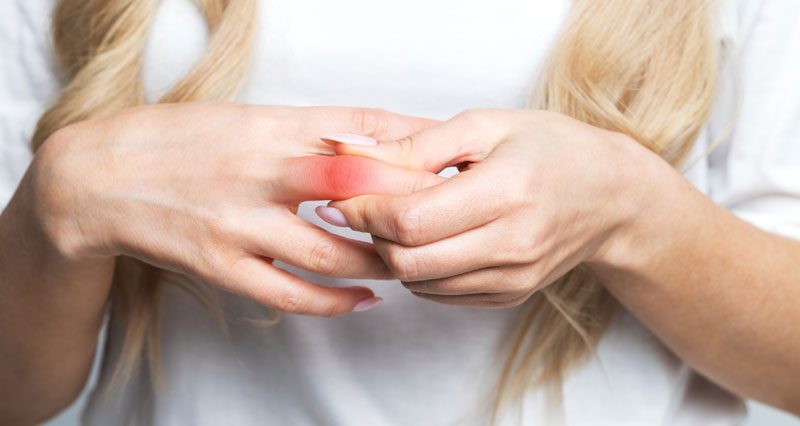 If you can get out to some beautiful scenery, great. But even regular walks around the neighborhood can help.
If you can get out to some beautiful scenery, great. But even regular walks around the neighborhood can help.
Read self-help books and listen to podcasts
Knowing that others have gone through similar experiences and come out on the other side can may help you feel less alone.
Reading a book (we’ve got some recommendations later in this article) or listening to a podcast about your particular loss can also provide you with validation and be a supportive way for you to process your emotions.
Try a feel-good activity
Set aside time every day for doing something that feels positive, whether that’s journaling, meeting up with a close friend, or watching a show that makes you laugh.
Scheduling in moments that bring you joy is vital for healing a broken heart.
Seek professional help
It’s important to talk about your feelings with others and not numb yourself out. This is easier said than done, and it’s totally normal to need some extra help.
If you find that your grief is too much to bear on your own, a mental health professional can help you work through painful emotions. Even just two or three sessions can help you develop some new coping tools.
Share on Pinterest
After giving yourself some space to grieve and tending to your needs, start looking toward creating new routines and habits that can help you continue to process your loss.
Don’t try to suppress the pain
“Don’t waste energy on feeling ashamed or guilty about your feelings,” says Carpenter. Instead, “invest that energy in making concrete efforts to feel better and to heal.”
Consider giving yourself 10 to 15 minutes each day to acknowledge and feel your sadness. By giving it some dedicated attention, you may find it popping up less and less throughout your day.
Practice self-compassion
Self-compassion involves treating yourself with love and respect while not judging yourself.
Think of how you would treat a close friend or family member going through a hard time. What would you say to them? What would you offer them? How would you show them you care? Take your answers and apply them to yourself.
What would you say to them? What would you offer them? How would you show them you care? Take your answers and apply them to yourself.
Create space in your schedule
When you are going through a difficult time, it can be easy to distract yourself with activities. While this can be helpful, make sure you’re still leaving yourself some space to process your feelings and have some down time.
Foster new traditions
If you’ve ended a relationship or lost a loved one, you may feel like you’ve lost a lifetime of traditions and rituals. Holidays can be particularly hard.
Allow friends and family to help you create new traditions and memories. Don’t hesitate to reach out for some extra support during major holidays.
Write it down
Once you’ve had some time to sit with your feelings, journaling can help you better organize them and give you a chance to unload any emotions that might be hard to share with others.
Here’s a guide to get you started.
Find a support system
Regularly attending or engaging in in-person or online support groups can provide a safe environment to help you cope. It’s also healing to share your feelings and challenges with those in similar situations.
Connect with yourself
Going through a big loss or change can leave you feeling a little unsure of yourself and who you are. You can do this by connecting to your body through exercise, spending time in nature, or connecting with your spiritual and philosophical beliefs.
Share on Pinterest
As you navigate the process of healing a broken heart, it’s helpful to have realistic expectations about the process. From pop songs to rom-coms, society can give a warped view of what heartbreak actually entails.
Here are a few things to keep in the back of your mind.
Your experience is valid
The death of a loved one is the more overt form of grief, Palumbo explains, but covert grief can look like the loss of a friendship or relationship. Or maybe you’re starting a new phase of your life by changing careers or becoming an empty nester.
Or maybe you’re starting a new phase of your life by changing careers or becoming an empty nester.
Whatever it is, it’s important to validate your grief. This simply means recognizing the impact it’s had on your life.
It’s not a competition
It’s natural to compare your situation to that of others, but heartbreak and grieving aren’t a competition.
Just because it’s the loss of a friendship and not the death of a friend doesn’t mean the process isn’t the same, says Palumbo. “You’re relearning how to live in a world without an important relationship you once had.”
There’s no expiration date
Grief is not the same for everyone and it has no timetable. Avoid statements like “I should be moving on by now,” and give yourself all of the time you need to heal.
You can’t avoid it
As hard as it might feel, you have to move through it. The more you put off dealing with painful emotions, the longer it will take for you to start feeling better.
Expect the unexpected
As your grief evolves, so will the intensity and frequency of heartbreak. At times it will feel like soft waves that come and go. But some days, it might feel like an uncontrollable jolt of emotion. Try not to judge how your emotions manifest.
You’ll have periods of happiness
Remember that it’s okay to fully experience moments of joy as you grieve. Spend part of each day focusing on the present moment, and allow yourself to embrace the good things in life.
If you’re dealing with the loss of a loved one, this might bring up some feelings of guilt. But experiencing joy and happiness is crucial to moving forward. And forcing yourself to stay in a negative state of mind won’t change the situation.
It’s okay to not be okay
A profound loss, like the death of a loved one, is going to look vastly different from a job rejection, notes therapist Victoria Fisher, LMSW. “In both cases, it’s imperative to allow yourself to feel what you’re feeling and remember that it’s okay not to be okay. ”
”
Even if you’re doing everything you can to work through your heartbreak, you’ll probably still have off days. Take them as they come and try again tomorrow.
Seek self-acceptance
Don’t expect your suffering to go away sooner than when it’s ready. Try to accept your new reality and understand that your grief will take some time to heal.
Share on Pinterest
When you’re dealing with heartbreak, books can be both a distraction and a healing tool. They don’t have to be big self-help books, either. Personal accounts of how others have lived through grief can be just as powerful.
Here are some titles to get you started.
Tiny Beautiful Things: Advice on Love and Life from Dear Sugar
Cheryl Strayed, author of the bestselling book “Wild,” compiled questions and answers from her formerly anonymous advice column. Each in-depth response offers insightful and compassionate advice for anyone who’s experienced a wide range of losses including infidelity, a loveless marriage, or death in the family.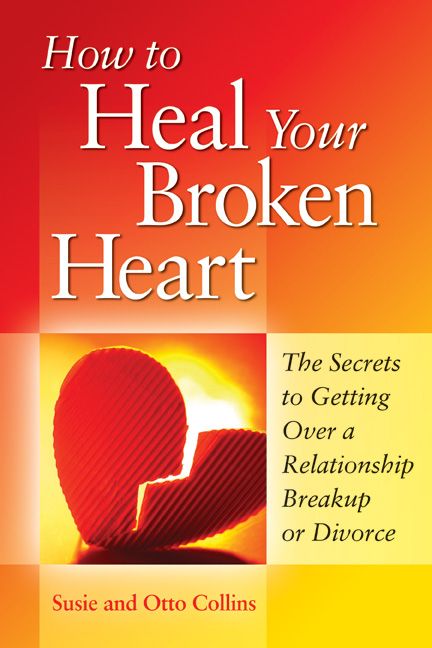
Purchase online.
Small Victories: Spotting Improbable Moments of Grace
Acclaimed author Anne Lamott delivers profound, honest, and unexpected stories that teach us how to turn toward love even in the most hopeless situations. Just be aware that there are some religious undertones in her work.
Purchase online.
Love You Like the Sky: Surviving the Suicide of a Beloved
Psychologist and survivor of suicide Dr. Sarah Neustadter provides a roadmap navigating the complicated emotions of grief and turning despair into beauty.
Purchase online.
The Wisdom of a Broken Heart: How to Turn the Pain of a Breakup Into Healing, Insight, and New Love
Through her gentle, encouraging wisdom, Susan Piver offers recommendations for recovering from the trauma of a broken heart. Think of it as a prescription for dealing with the anguish and disappointment of a breakup.
Purchase online.
On Being Human: A Memoir of Waking Up, Living Real, and Listening Hard
Despite being nearly deaf and experiencing the debilitating loss of her father as a child, author Jennifer Pastiloff learned how to rebuild her life by listening fiercely and caring for others.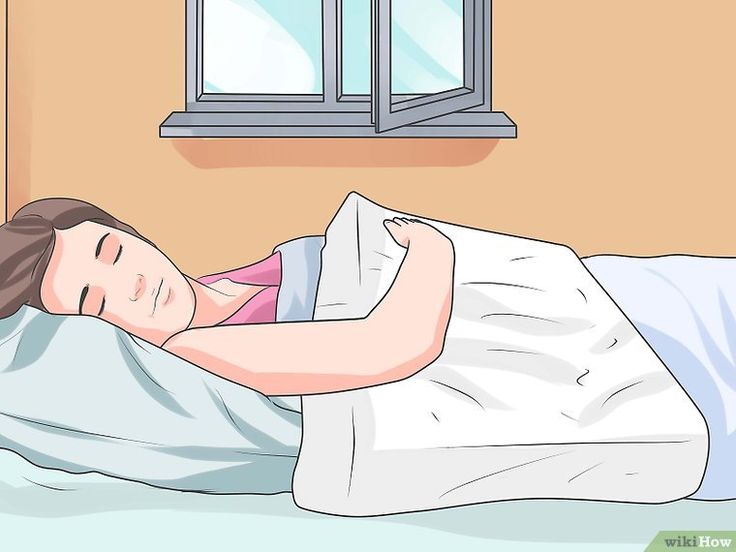
Purchase online.
The Year of Magical Thinking
For anyone who’s experienced the sudden death of a spouse, Joan Didion offers a raw and honest portrayal of a marriage and life that explores illness, trauma, and death.
Purchase online.
No Mud, No Lotus
With compassion and simplicity, Buddhist monk and Vietnam refugee Thich Nhat Hanh provides practices for embracing pain and finding true joy.
Purchase online.
How to Heal a Broken Heart in 30 Days: A Day-by-Day Guide to Saying Good-bye and Getting On With Your Life
Howard Bronson and Mike Riley lead you through recovering from the end of a romantic relationship with insights and exercises meant to help you heal and build resilience.
Purchase online.
The Gifts of Imperfection: Let Go of Who You Think You’re Supposed to Be and Embrace Who You Are
Through her heartfelt, honest storytelling, Brené Brown, PhD, explores how we can strengthen our connection to the world and cultivate feelings of self-acceptance and love.
Purchase online.
The hard truth of going through loss is that it can change your life forever. There will be moments when you feel overcome with heartache. But there will be others when you see a glimmer of light.
For some grief, as Fisher notes, “it’s a matter of surviving for a while until you gradually build a new, different life with an open space for the grief when it arises.”
Cindy Lamothe is a freelance journalist based in Guatemala. She writes often about the intersections between health, wellness, and the science of human behavior. She’s written for The Atlantic, New York Magazine, Teen Vogue, Quartz, The Washington Post, and many more. Find her at cindylamothe.com.
what are the Vedas and what do they tell us
In recent years, the image of the “Vedic wife” has become extremely popular. About what a woman should be from the point of view of the Vedas, we are told in their books by Oleg Torsunov and Olga Valyaeva.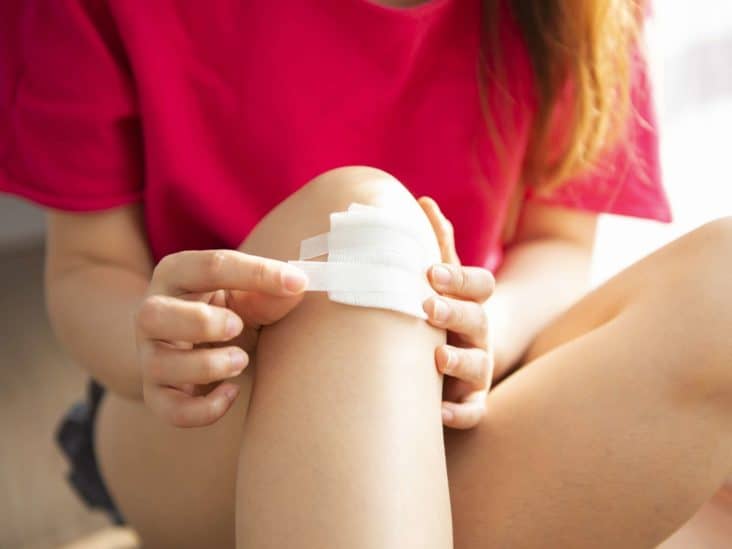 Let's see what the Vedas are for women and what they actually tell us. And why.
Let's see what the Vedas are for women and what they actually tell us. And why.
Snezhana Gribatskaya
Tags:
Psychology
Parenting
Relations between the sexes
clothing
A family
Shutterstock
What are the Vedas?
Do not self-medicate! In our articles, we collect the latest scientific data and the opinions of authoritative health experts. But remember: only a doctor can diagnose and prescribe treatment.
The Vedas are the oldest collection of Hindu scriptures. There are four Vedas: Rigveda - "Veda of hymns", Jurveda - "Veda of sacrificial formulas", Samaveda - "Veda of chants" and Atharvaveda - "Veda of incantations". Actually, the very names of the Vedas already seem to hint to us that there is not a word about femininity in them.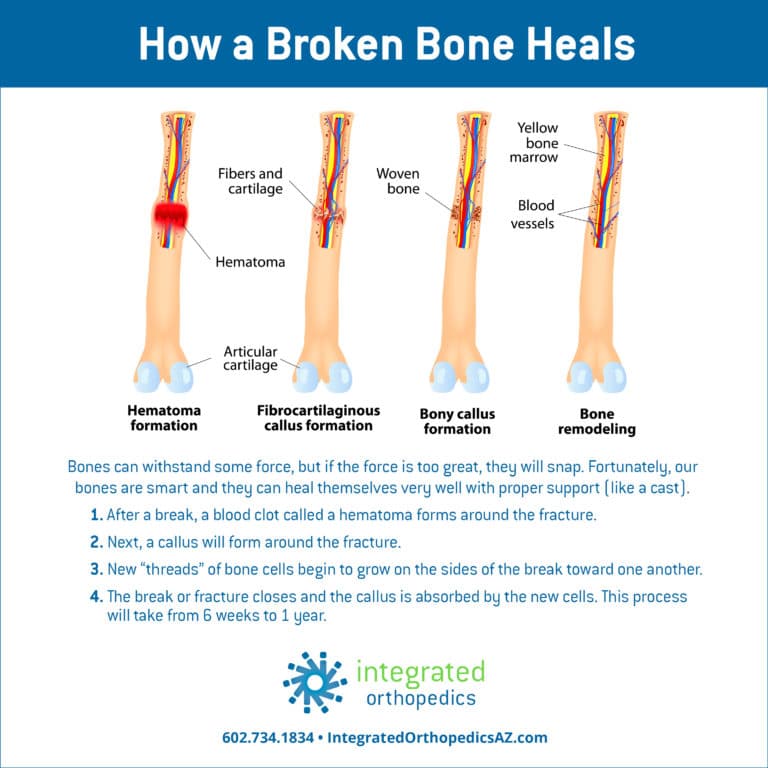 The Vedas are, in fact, a collection of mantras for priests of various ranks. The Vedas are only allowed to be read by the "twice-born" - the representatives of the three higher castes. The lower caste (Sudras - servants and hired workers) and foreigners are forbidden to study the Vedas. And also for women. We will repeat it again: women are forbidden to study the Vedas. Dot.
The Vedas are, in fact, a collection of mantras for priests of various ranks. The Vedas are only allowed to be read by the "twice-born" - the representatives of the three higher castes. The lower caste (Sudras - servants and hired workers) and foreigners are forbidden to study the Vedas. And also for women. We will repeat it again: women are forbidden to study the Vedas. Dot.
Then where did the “Vedic woman” come from, if the Vedas do not speak of femininity and women themselves are not allowed to read the Vedas? We answer: because the average layman is aware that the Vedas are a sacred book, standing on a par with the Bible and the Koran. In the great scripture, nonsense will not be written! There is the centuries-old wisdom of the ancestors! The fact that there is not a word about what Torsunov, Valyaeva and other adherents of the "Vedic philosophy" tell us about is trifles: who really will undertake to read these same Vedas? And "Vedic philosophy", "Vedic psychology", "Vedas of the Slavs", "Aryan Vedas", "Indian Vedas" and, finally, "Vedic femininity" - all this sounds solid. Anything can be served under this sauce. Let's see what we're being served.
Anything can be served under this sauce. Let's see what we're being served.
25 duties of a woman
First of all, we are told that a woman owes something again. Oh, not just because she should, of course, but for the sake of her own happiness. Which is allegedly guaranteed to her if she is comfortable for a man. Here are 25 duties according to Mr. Torsunov, who prefers to call himself a doctor. He really is a doctor. Dermatovenereologist. Tamer of pale treponema and urticaria. And a great connoisseur of the female soul. In his opinion, a woman should:
1. Create a family
2. Save the family
3. Make a Man
4. Organize all household chores
5. Do all household chores
6. Be faithful to a Man in body, deed and mind
7. Becoming a Man's Best Friend
8. Be beautiful and sexy for your Man
9. Inspire a Man
10. Eat sweet food
11. Wear jewelry
12. Enjoy beautiful clothes
Enjoy beautiful clothes
13. Wear long skirts
14. Always feel the closeness of the beloved Man - do not move away
15. Respect a Man
16. Appreciate a Man and praise
17. Admire a Man
18. Obey a Man
19. Be able to manage your emotions
20. Have endurance - patience
21. Speak in a soft and gentle voice
22. Be empathetic
23. Participate in the upbringing of children
24. Serve a Man - do with love
25. Not fulfilling the duties of a Man
In general, as we can see, there is no woman herself in all this - only a family and a Man with a capital letter. There are two points about the pleasure of the woman herself - to eat sweets and wear pretty. Everything is clear about the “beautiful” - the gaze of the master must be appeased. But, if you read Torsunov more carefully, it turns out that we have to eat sweets for the sake of men: the sweet tooth supposedly hysteria less, which means they irritate the master and sovereign less.
Take off your panties and life will get better!
Olga Valyaeva, a follower of Torsunov, went even further: the lady calls herself a "Vedic psychologist", having no psychological education. Her website has an "Official Resume" page, but it's empty. At the same time, Valyaeva surpassed her teacher - her books of the Vedas and trainings are much more popular. Why? Well, because she's a woman. Everything she says is supposedly her personal experience. She stopped working and her husband immediately became rich. Wait a minute! Valyaeva scribbles books at an incredible speed, Valyaeva leads seminars and webinars, not a single women's resource can do without Valyaeva's articles. Is this now called "not working"? How interesting. Okay, let's talk about the husband. Here is what Olga herself writes about him: “My husband, my support, my inspirer, my marketer and technical specialist.” That is, Olga's husband is engaged in the technical side of her work.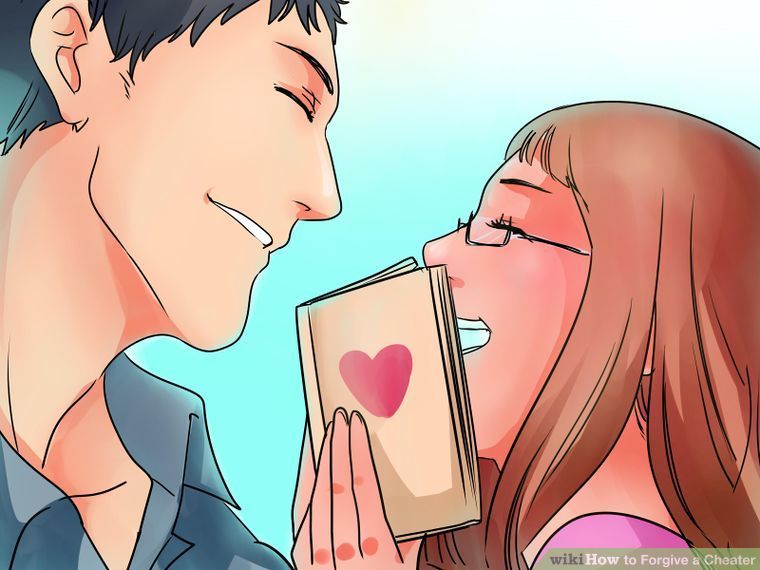 The wife creates the content, the husband promotes it. Business is going on, that's a fact. But nothing that Valyaeva contradicts herself? If you believe her books, a woman should not work at all, and as for the husband’s profession, this is not a woman’s mind: you need to inspire your spouse with pies! And if a woman provides a man with work, this is not according to the Vedas.
The wife creates the content, the husband promotes it. Business is going on, that's a fact. But nothing that Valyaeva contradicts herself? If you believe her books, a woman should not work at all, and as for the husband’s profession, this is not a woman’s mind: you need to inspire your spouse with pies! And if a woman provides a man with work, this is not according to the Vedas.
The question is why Valyaeva's large audience continues to believe in a guru who does not even think of fulfilling her own precepts? But because Valyaeva gives those recipes that they want to get from her. A woman should wear beautiful dresses - well, who doesn't want beautiful dresses? Everyone wants. Women's tears are magic. Well, yes: why work on relationships when you can just burst into tears? It’s harmful for women to work, we don’t need training and some kind of success there - hooray, we have an excuse: we are not lazy bastards, it’s just that work is ruining our femininity! And, most importantly, Valyaeva is very ritualistic. She seriously suggests that women walk in skirts because any other clothes allegedly prevent the energy of Mother Earth (yes, yes!) from entering our bodies. Nothing needs to be done. You just need to take off your panties. Initially, it was about trousers, in the sense of trousers: it is unsuitable for women to wear men's clothes. But wearing skirts and dresses is not, in itself, a ritual to believe in. Therefore, the instruction "take off your pants" rather quickly transformed into "take off your underpants". The seeds fell into fertile ground, as they say. Once you start walking without panties, everything will work out for you: your husband will bring a golden mammoth into the house, the children will study well, and you yourself will look 15 years younger.
She seriously suggests that women walk in skirts because any other clothes allegedly prevent the energy of Mother Earth (yes, yes!) from entering our bodies. Nothing needs to be done. You just need to take off your panties. Initially, it was about trousers, in the sense of trousers: it is unsuitable for women to wear men's clothes. But wearing skirts and dresses is not, in itself, a ritual to believe in. Therefore, the instruction "take off your pants" rather quickly transformed into "take off your underpants". The seeds fell into fertile ground, as they say. Once you start walking without panties, everything will work out for you: your husband will bring a golden mammoth into the house, the children will study well, and you yourself will look 15 years younger.
Why do we need "Vedic psychology"?
Obviously, the invented "Vedic psychology" is just a dense patriarchal way of life, from which we have recently freed ourselves. Why do women want to go back? How is it possible today, in 2015, to seriously believe that the main role of a woman is to worship a man, master and ruler? The answer is very simple: none of us is sure about tomorrow. Most divorced men avoid paying child support. If a woman has two (or more) children, it is very difficult for her to get a highly paid job: the employer does not have the right to refuse the applicant for this reason, but you can always find another reason and save yourself from the employee's vacation due to the child's illness. The allowance paid to single mothers can only buy one pack of diapers.
Why do women want to go back? How is it possible today, in 2015, to seriously believe that the main role of a woman is to worship a man, master and ruler? The answer is very simple: none of us is sure about tomorrow. Most divorced men avoid paying child support. If a woman has two (or more) children, it is very difficult for her to get a highly paid job: the employer does not have the right to refuse the applicant for this reason, but you can always find another reason and save yourself from the employee's vacation due to the child's illness. The allowance paid to single mothers can only buy one pack of diapers.
We do not feel secure, we are not sure that we will be able to feed ourselves and our children if something happens. And so we turn to the patriarchal way of life: before, nothing depended on a woman and nothing, somehow survived. Alas, not everyone survived - this is the first thing. You cannot get patriarchal goodies and avoid patriarchal cuffs. They are supplied as a set. And secondly, alas, no "Vedic psychology" can change anything in our lives. It just makes us feel at ease. I was a good wife, that's all, now I'm "in the house", no adversity will touch me. Of course, this is self-deception. Self-deception for money earned by the very labor that is "disgusting to female nature."
And secondly, alas, no "Vedic psychology" can change anything in our lives. It just makes us feel at ease. I was a good wife, that's all, now I'm "in the house", no adversity will touch me. Of course, this is self-deception. Self-deception for money earned by the very labor that is "disgusting to female nature."
What does the Bible say about the bleeding woman? – Wiki Reviews
“` When a woman has a normal blood flow, her menstrual impurity will last seven days, and anyone who touches her will be unclean until evening. . “Whatever she lies on during her period will be unclean, and whatever she sits on will be unclean.
Likewise, what does it mean to "touch the hem of His garment"? “If I could just touch the edge of of his clothes, I would get well. “This was said by a broken woman who was looking for healing. … She believed that if she could just touch the hem of his garment, she would be healed. That day she touched Jesus and he touched her too.
What was the name of Jesus' wife? Mary Magdalene as the wife of Jesus.
Can a woman's period affect a man? Can a woman's period affect a man? No, menstruation in a woman can in no way affect the sexual experience of a man or a woman .
Secondly, can a girl go to church during her period? She should sleep separately from her family and should keep her menstrual clothes away from any clothes she might wear to the temple. One of the most important rules is that0083 Women are not allowed to visit the temple during menstruation .
Why did water and blood come out of Jesus?
When they came to Jesus, He was already dead, so they did not violate His inheritance (John 19:33). Instead, the soldiers pierced His side (John 19:34) to make sure He was dead. It is reported that "blood and water came out" (John 19:34), referring to the watery fluid surrounding the heart and lungs.
can a woman bleed for 12 years? Key Scripture
Luke 8: 43-48 : “There was once a woman who suffered from hemorrhages for twelve years; and although she spent all she had on doctors, no one could cure her. She came up behind Jesus and touched the hem of his garment, and her bleeding immediately stopped.
She came up behind Jesus and touched the hem of his garment, and her bleeding immediately stopped.
Did Mary Magdalene have a child? He said that after his crucifixion, Mary Magdalene, together with the family of Lazarus from Bethany, brought the body of Jesus to Provence, and there Mary had a child, Maximin , the fruit of her love for Jesus.
How many children did Mary and Joseph have?
He was Mary's firstborn (adopted by Joseph), but Mary and Joseph at least four other sons : James, Jude (who became believers and wrote epistles with their own names), Simon and Jude. (The girls are not mentioned, but they were probably there too.)
Was Mary Magdalene at the last supper? For example, in the film version of The Last Supper , Mary Magdalene is seated to the right of Jesus .
What does the Bible say about menstruation?
In the third book of the Pentateuch or Torah, and especially in the Code of Legal Purity (or Regulations on Pure and Unclean) of the Law of Moses ( Leviticus 11:1-15:33 ), it is said that a woman during menstruation is considered unclean for seven days and every whoever touches her will be unclean until the evening (see
What should a boy do when a girl has her period? Help her: Get up and move your ass .
This will not kill you. Give her physical comfort: hug her, and if you have big hands, use them properly by giving her a nice massage.Back or foot massage will help.Let her sit on your lap, hug if she wants to.
What is the male period called?
This condition, colloquially called andropause , is sometimes referred to as male menopause. “When it comes to andropause, which does show up in [anecdotal] studies, the symptoms tend to be fatigue, low libido, and [it] tends to affect middle-aged men due to low testosterone levels,” says Dr. Brito. . .
What do nuns do during their period?
“During menstruation they hide for four or five days because they don't have access to basic sanitary napkins. … Commercial sanitary pads are hard to find in remote nunneries. Even so, not all nuns can afford it. Thus, reusable pads are being promoted as an alternative to commercial pads.
Why shouldn't a girl wash her hair during her period? Washing and bathing during menstruation
No reason not to wash your hair Take a bath or shower during your period.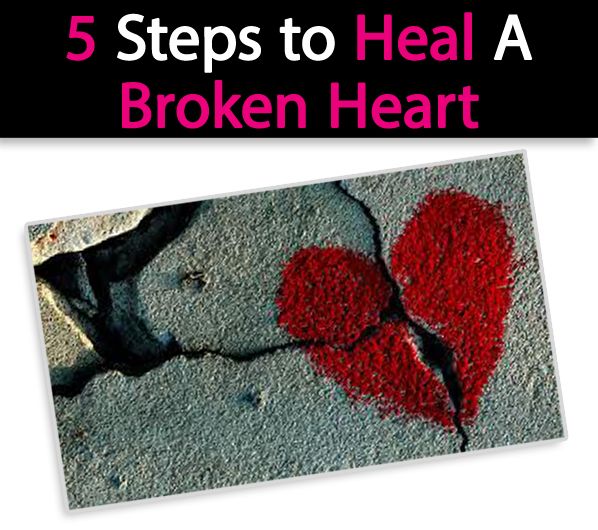 … You won’t get sick, blind, or lose your hair if you take a bath while you’re on your period, but some of these false myths have been passed down through the generations.
… You won’t get sick, blind, or lose your hair if you take a bath while you’re on your period, but some of these false myths have been passed down through the generations.
How many lashes did Jesus receive? Seeing how Jesus was about to be crucified, the Romans were "merciful" and only gave him eyelashes 39 .
Why were the legs broken during the crucifixion?
To hasten death, executioners often broke the heritage of their ancestors. prevent victims from using the thigh muscles as a support . It probably wasn't necessary, as their strength would only last a few minutes even if they were unharmed.
Where is the tomb where Jesus is buried? The restored tomb where Jesus is believed to have been buried, at Church of the Holy Sepulcher in the Old City of Jerusalem .
What saved the two blind men and made them see?
In Matthew 9:27–34 describes the healing of two blind men and one mute. The blind follow Jesus in the crowd, crying, "Have mercy on us, Son of David.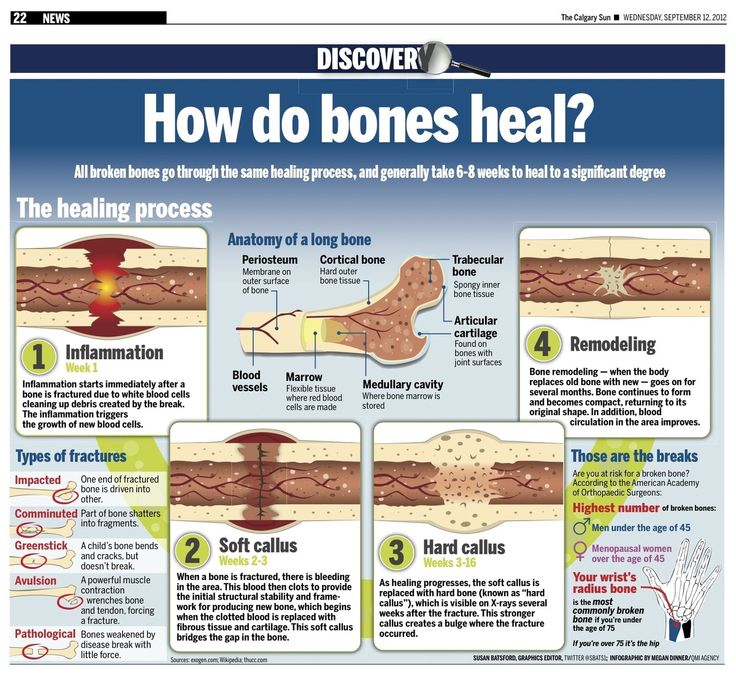 " They believe that Jesus is the Messiah and that He can make them see. Jesus does so, but they disobey His command not to tell anyone.
" They believe that Jesus is the Messiah and that He can make them see. Jesus does so, but they disobey His command not to tell anyone.
Can a woman go to church during her period? She should sleep separately from her family and should keep her menstrual clothes away from any clothes she might wear to the temple. One of the most important rules is that0083 Women are not allowed to visit the temple during menstruation .
What happens if menorrhagia is not treated?
If left untreated, chronic menorrhagia can lead to anemia and severe pain . Anemia due to menorrhagia will present with symptoms such as fatigue, weakness, chest pain, and shortness of breath. If you experience severe pain with menorrhagia, you may need medical evaluation and treatment.
What is the name of the baby Jesus? Christ Child, also known as Divine Infant , Infant Jesus, Infant Jesus, Infant Jesus, Holy Infant, and Santo Niño refer to Jesus Christ from his birth to 12 years of age.
